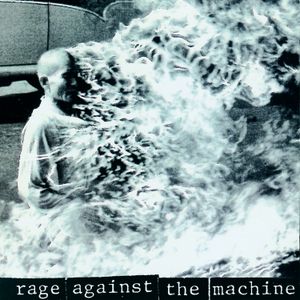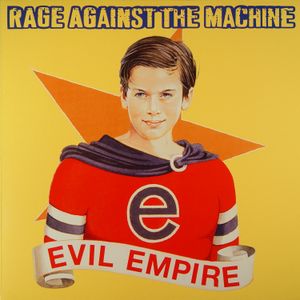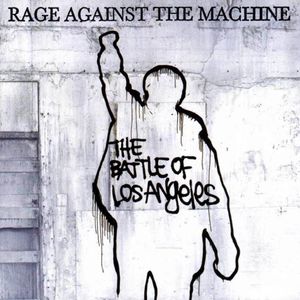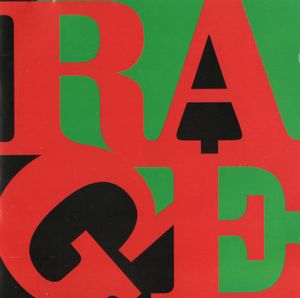
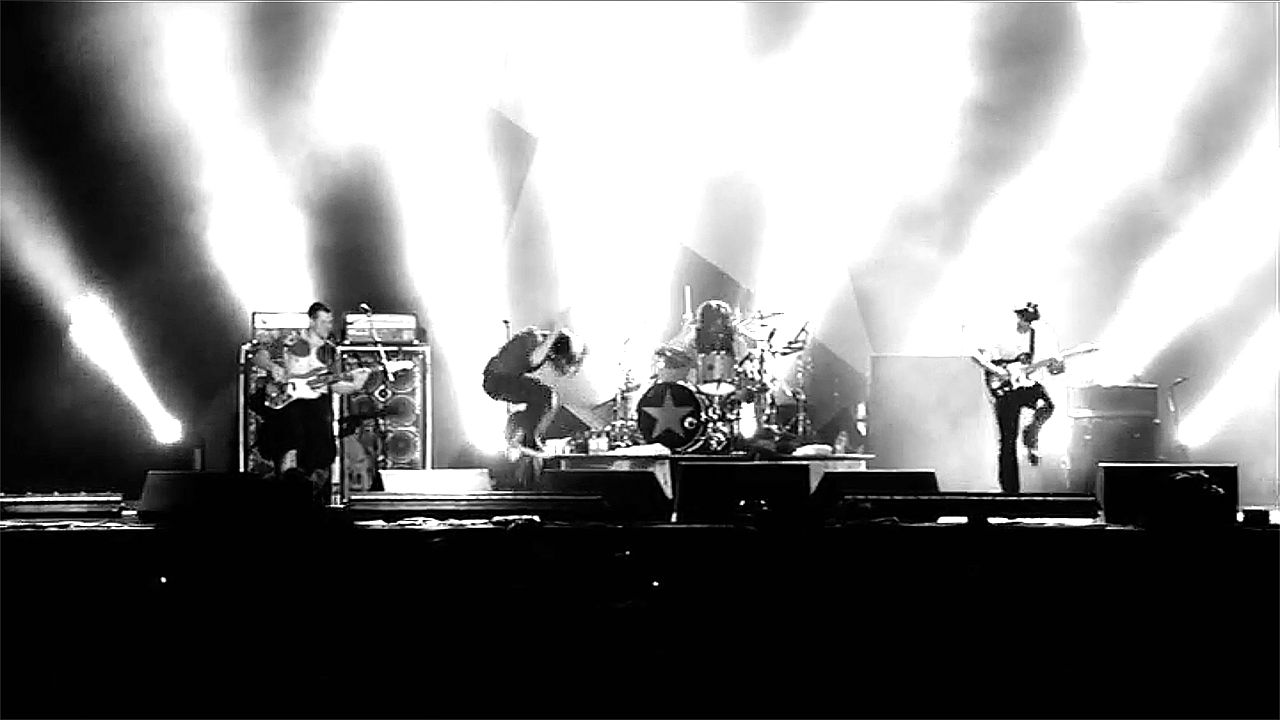
Rage Against the Machine
Follow Your Favorite Band Today!
Top Rage Against the Machine Community Posts
Story of Rage Against the Machine
Rage Against the Machine: The Revolutionaries of Rock
Rage Against the Machine, often shortened to RATM or simply "Rage," burst onto the scene in 1991, igniting Los Angeles with a ferocious blend of heavy metal, rap, punk, and funk. Fronted by the incendiary vocals of Zack de la Rocha, anchored by the powerful bass lines of Tim Commerford, fueled by Tom Morello's blistering guitar riffs, and driven by Brad Wilk's relentless drumming, the band was a sonic force to be reckoned with.
Their music was more than just a sonic assault; it was a powerful, political statement. With anti-authoritarian lyrics that challenged societal structures and championed revolutionary ideals, Rage Against the Machine became the voice of a generation disillusioned with the status quo.
Their self-titled debut album in 1992 resonated with critics and fans alike, earning a place in Rolling Stone's list of the 500 greatest albums of all time. They exploded into mainstream consciousness with their electrifying performances at the 1993 Lollapalooza festival.
The band's subsequent releases, "Evil Empire" (1996) and "The Battle of Los Angeles" (1999), both topped the Billboard 200 chart, solidifying their status as musical giants.
Throughout their initial nine-year run, Rage Against the Machine became a global phenomenon, influencing the rise of the nu-metal genre in the late 1990s and early 2000s. They were recognized for their impact, with over 16 million records sold worldwide, and their induction into the Rock and Roll Hall of Fame in 2023.
Rage Against the Machine wasn't just a rock band; they were a movement, a voice for the voiceless, and a reminder that music can be a powerful catalyst for change. Their legacy continues to inspire artists and activists alike, ensuring their place as one of the most important and influential rock bands of all time.
Frequently Asked Questions
Bands you may like
More Alternative Metal Bands
Discover more bands in the Alternative Metal genre and explore the diverse sounds that define this musical style.
Browse All Alternative Metal BandsMore Bands from United States
Discover the rich musical heritage of United States and explore bands that represent the country's unique sound and culture.
Browse All United States Bands
